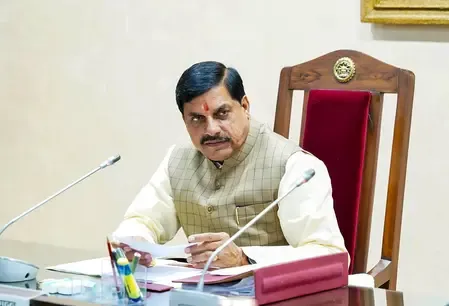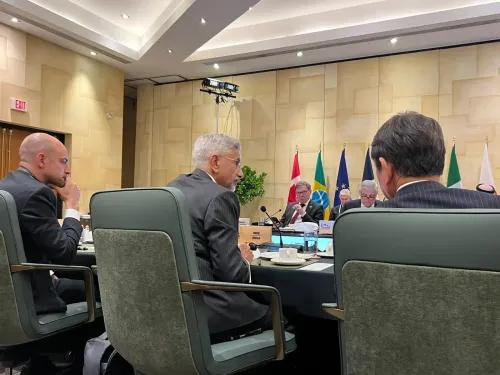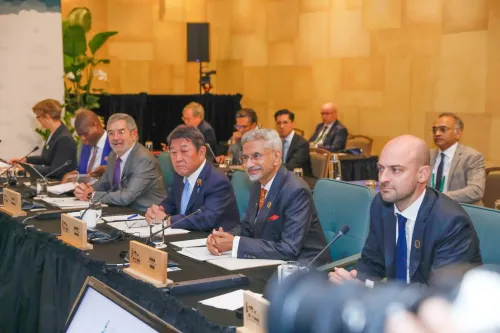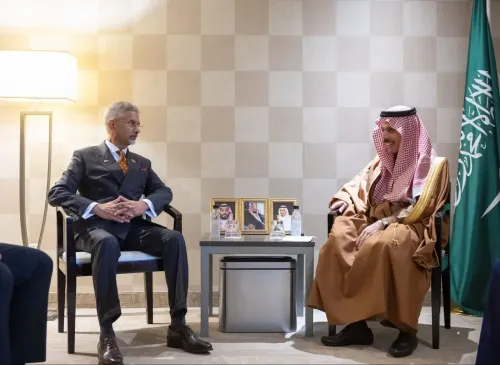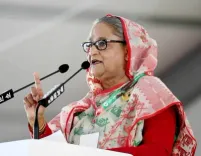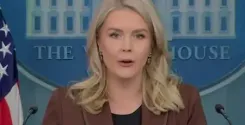Is India Planning Retaliatory Tariffs Against US Steel Duties?
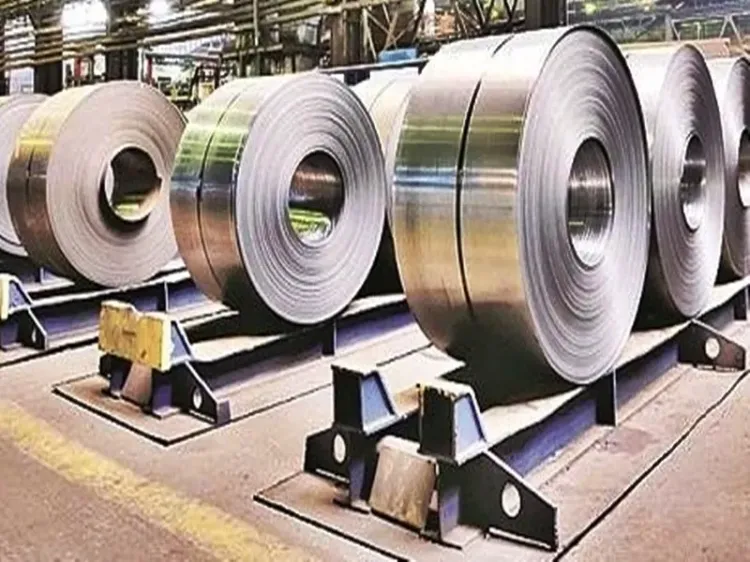
Synopsis
Key Takeaways
- India is set to impose retaliatory tariffs on select US goods.
- The action is a response to US duties on Indian steel and aluminium.
- Potential trade impacts could reach $7.6 billion.
- India reserves the right to suspend concessions post-notification.
- Consultations under the WTO's framework have not occurred.
New Delhi, May 13 (NationPress) India has notified the World Trade Organisation (WTO) of its plans to implement retaliatory tariffs on specific American products in response to the US duties imposed on Indian steel and aluminium exports as safeguard measures.
The communication to the WTO indicates that these US safeguard actions would affect $7.6 billion worth of Indian imports, with an anticipated duty revenue of $1.91 billion.
In April, India sought consultations with the US under the WTO's safeguard framework following the announcement of the tariffs.
The US has claimed that the tariffs on Indian goods are based on national security concerns and should not be categorized as safeguard measures.
In its WTO notification, India expressed its intention to suspend concessions and other obligations in light of the US's safeguard measures on steel, aluminium, and related products, as detailed in a Presidential Proclamation dated February 10, 2025, with the measures expected to take effect on March 12.
The WTO communication, dated May 9, 2025, was disseminated at India's request. While the US has not officially communicated these measures to the WTO, they are effectively treated as safeguard measures.
India asserts that the US actions are inconsistent with the General Agreement on Trade and Tariff (GATT) 1994 and the Agreement on Safeguards (AoS), stating that since consultations provided for under the AoS have not occurred, India retains the right to suspend concessions or obligations equivalent to the detrimental effects on its trade.
India also maintains its right to suspend concessions after a 30-day period following this notification.
As these proposed duties remain in the WTO notification phase, India is also nearing the finalization of a new bilateral trade agreement with the Trump administration.

